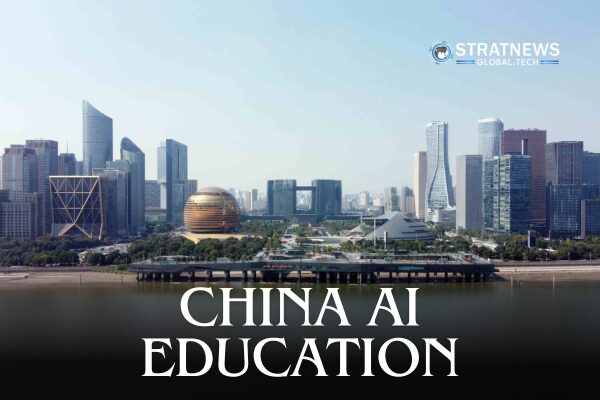Several of China top universities have announced plans to increase undergraduate enrolment to support “national strategic needs” and nurture talent in key fields such as artificial intelligence (AI). This move aligns with Beijing’s broader efforts to strengthen its STEM workforce and technological capabilities.
AI Education Gains Momentum in China
The latest announcements follow the introduction of AI courses in Chinese universities in February, based on the AI startup DeepSeek. This company has drawn significant attention for developing AI models comparable to the most advanced in the US but at a fraction of the cost. Experts have described DeepSeek’s success as a “Sputnik moment” for China, marking a major leap in its AI capabilities.
Analysts attribute China’s rapid progress in AI to substantial government investment in STEM education and recent US visa restrictions on Chinese students. Many of DeepSeek’s researchers come from top Chinese universities, highlighting the country’s growing self-sufficiency in developing high-tech talent.
Universities Expanding Enrolment in Key Disciplines
Peking University announced on Saturday that it would add 150 undergraduate seats in 2025, focusing on fields of national strategic importance, fundamental disciplines, and cutting-edge technologies. These additional seats will primarily be in information science, engineering, and clinical medicine.
Renmin University also revealed plans to increase enrolment by over 100 students, particularly in AI-related fields, to enhance innovation and technological advancement. The university stated that this expansion is directly linked to China’s goal of becoming a global leader in education and talent development in the digital era.
Shanghai Jiao Tong University is set to add 150 places in fields urgently needed for emerging industries. These include AI, integrated circuits, biomedicine, healthcare, and new energy—sectors crucial to China’s long-term economic and technological ambitions.
A National Push for STEM and AI Education
China’s drive to build a highly skilled workforce is part of its national action plan to strengthen education by 2035. The initiative aims to enhance innovation, improve efficiency in research and development, and establish China as a global leader in education.
In December, the country’s education authorities announced plans to introduce AI education at primary and secondary school levels. This early exposure is intended to foster scientific curiosity, creativity, and digital literacy among young students, ensuring a steady pipeline of skilled professionals for the future.
With these strategic enrolment expansions, China is reinforcing its commitment to becoming a powerhouse in AI and other advanced technologies, securing its position in the global innovation race.
With inputs from Reuters


